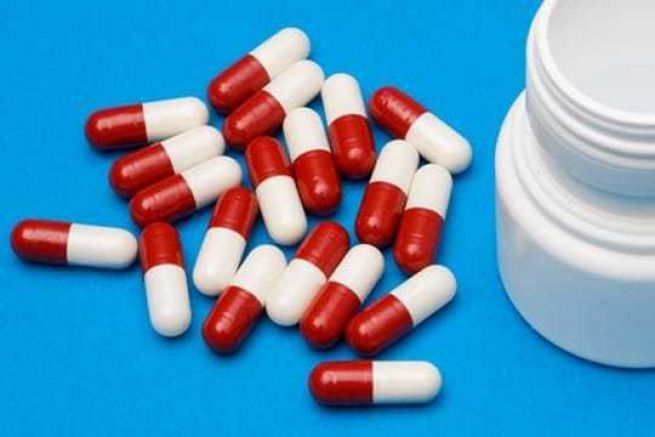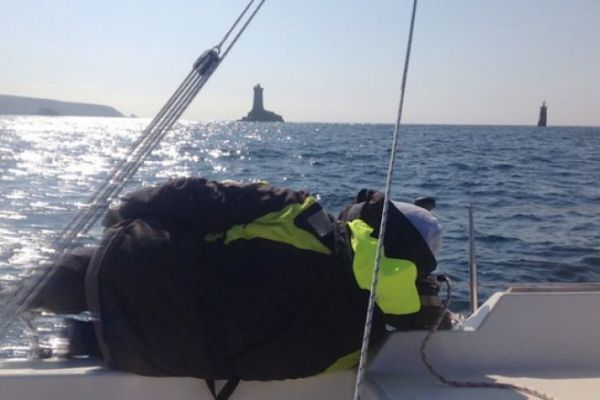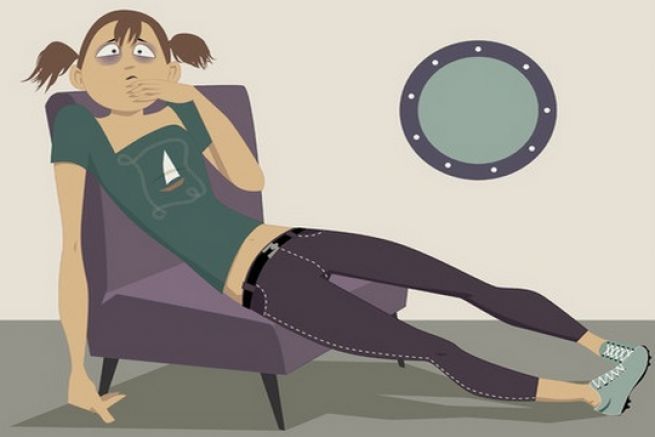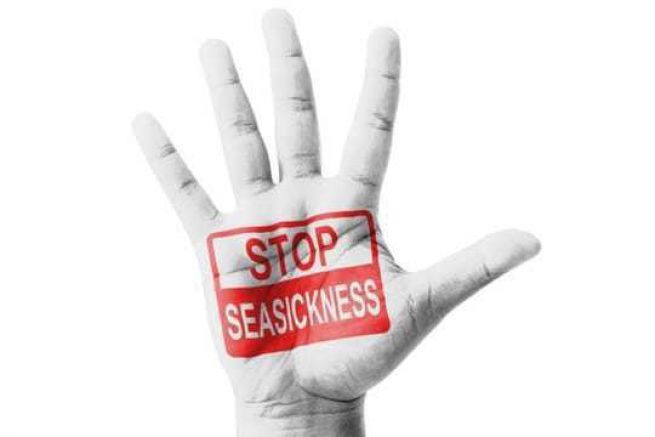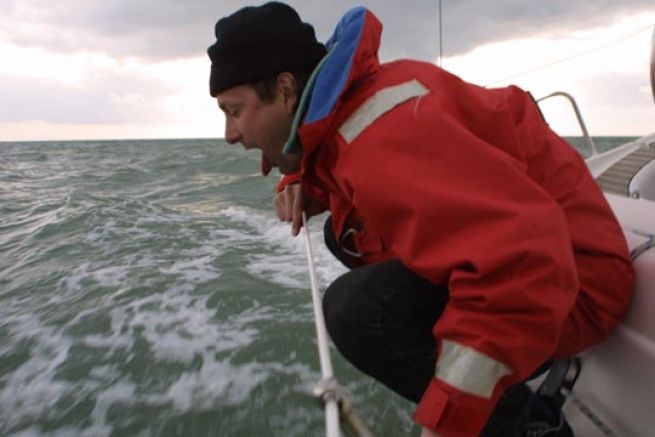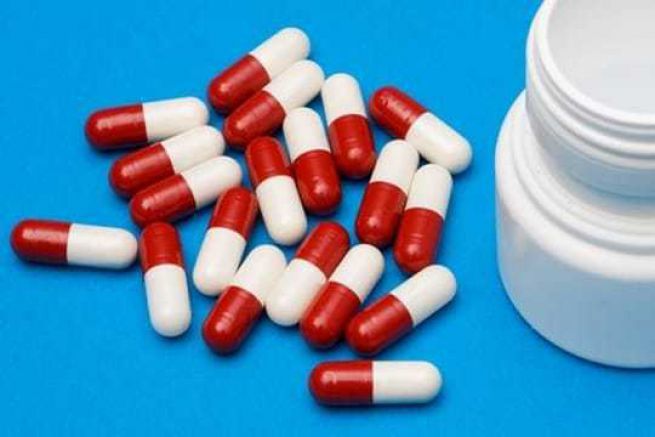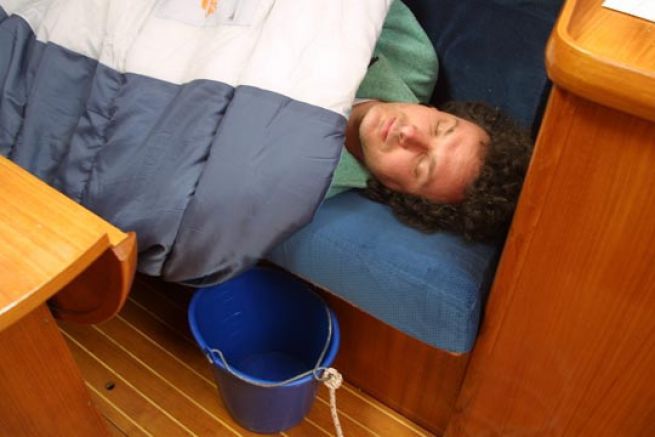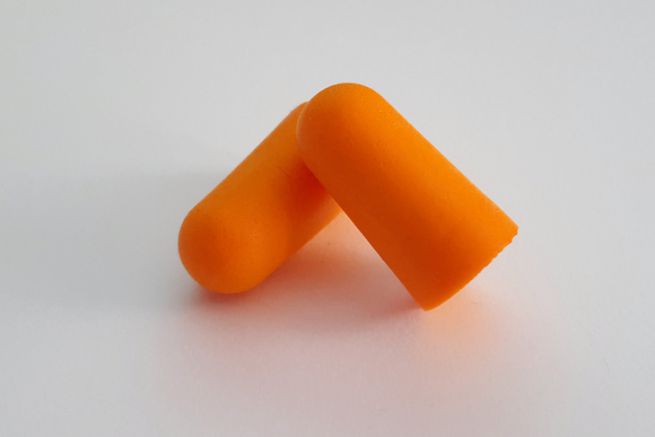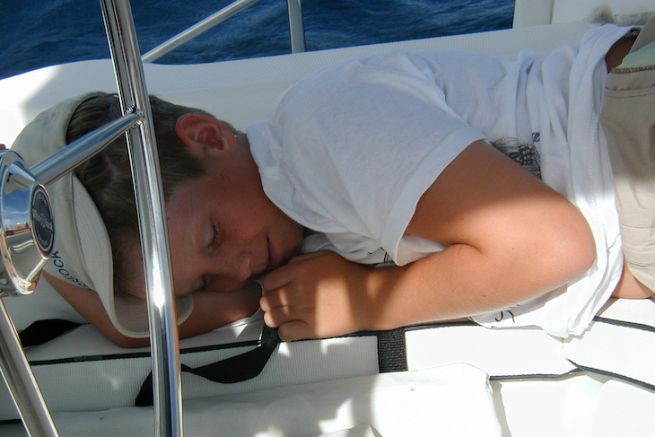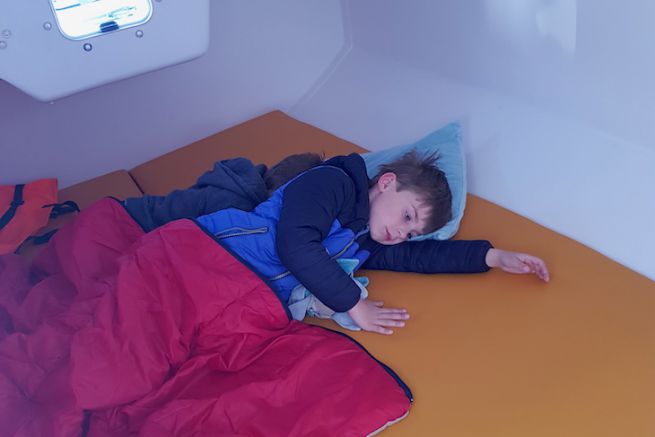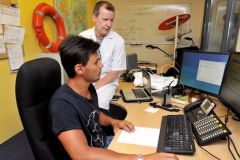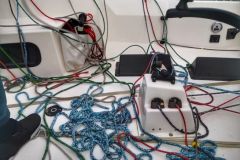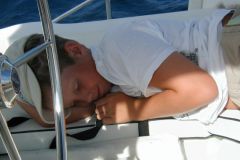If, despite all the advice we have given you, you still suffer from seasickness, medicines exist. Here is a list that we give you for your information. We are not intended to replace your doctor and each case is unique. That is why we recommend that you make an appointment with your doctor or ask your pharmacist.
Several types of medications are indicated to fight seasickness. They exist in several forms: tablets, suppositories, syrup or transdermal patches. Here are the different categories of medications that can be prescribed for seasickness.
Antihistamines
Antihistamines are allergy medications. They act globally, but have side effects such as drowsiness. Most of these drugs can be purchased directly from pharmacies without a prescription. They are taken 1/2 hour before departure and can be renewed during the trip, with at least 6 hours between each intake. Ask your pharmacist about contraindications. Be vigilant, some of them may cause drowsiness or decreased alertness. It is therefore important not to drive, use machines or perform an activity that requires concentration. Professional sailors should not take this type of medication.
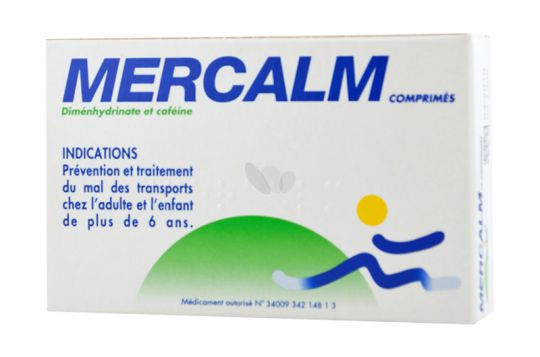
It is important not to associate antihistamines with alcohol or other medications. Finally, pregnant women and young children should not take it (unless otherwise instructed by the doctor). It is essential to check with your doctor.
Antiemetics (prevent nausea)
Antiemetics are drugs that work against vomiting and nausea. They do not treat seasickness, but only one of its manifestations. As a reminder, when a sick person vomits, care must be taken to ensure that they do not become dehydrated.
Homeopathy
Homeopathy can be used to fight seasickness. Unlike antihistamines, they do not create drowsiness and have no side effects such as dizziness or fatigue. Finally, they can be used on young children and pregnant women.
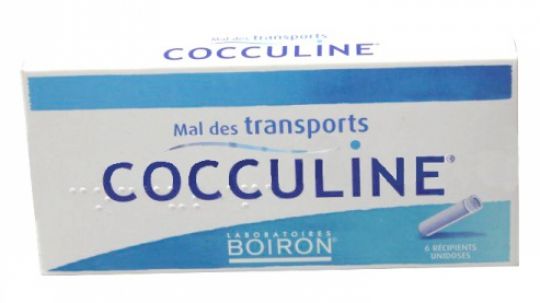
The patch
A patch can be prescribed by your doctor. It contains an atropinic antiemetic, scopolamine. Reserved for adults, it is applied the evening before behind the ear, for a morning departure (between 6 and 12 hours before departure) and must be kept throughout the trip. Its effect lasts 3 days. Vision problems can occur, among other things.
Herbal medicine
Breathing essential oils can cure seasickness. Simply mix peppermint and lavender essences in a diffuser. This treatment should only be prescribed for children from the age of one year.
Recommended for occasional use
Even if these treatments help you fight seasickness, they still have contraindications and side and undesirable effects, especially in athletes. It is therefore advisable to use them as a back-up method and to prefer another treatment in the long term.
Some of them may tire and make you less vigilant or even lead to positive reactions during a doping control. To be used sparingly then! It is best to make an appointment with your doctor before taking preventive or curative treatment for seasickness. He will be able to advise you on what is best for your needs and your degree of naupathy.
List of drugs
| Antihistamines antiemetics | AGYRAX Mercalm Nausicalm NAUTAMINE DRAMINE APHILAN |
| Homeopathy | Cocculin COCCULUS COMPLEX #73 TABACUM |
| Antihistamines antiemetics | VOGALIB VOGALENE |
| Atropine antiemetics: scopolamine | SCOPODERM TTS |
